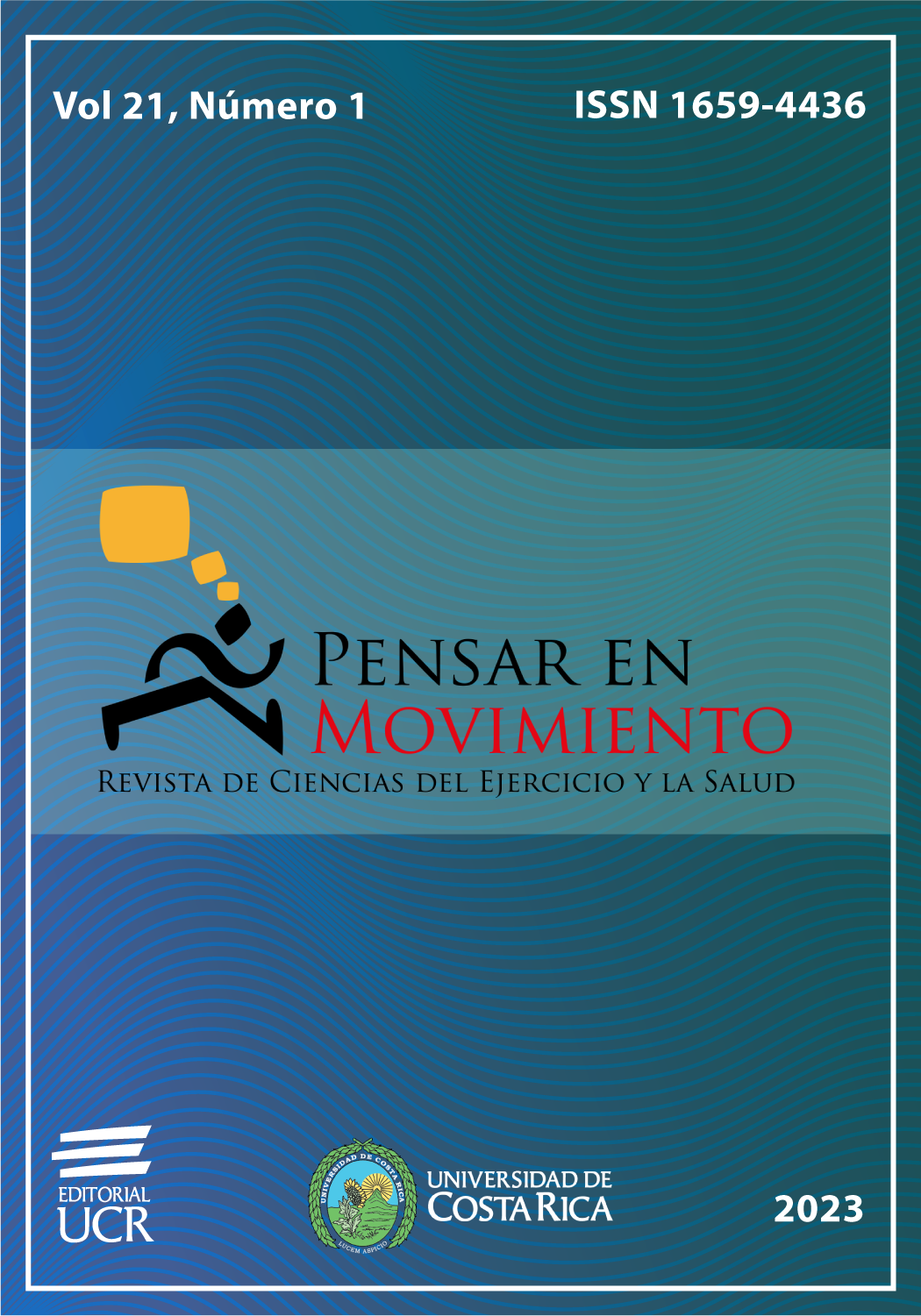Abstract
Motor performance is often assessed in two different ways. The first of them focuses on how the skill is carried out, whereas the second records the product obtained after execution. While both are widely used, the relationship between them is not clear. The objective of the present study is to determine the relationship between the results of process- or product-oriented tests that are used to measure actual motor performance, and to examine possible moderating variables through the meta-analytic technique. In order to sum up the products, the random effect model (REML) was used and the effect size (TE) of the correlation was calculated. A total seven studies met the criteria for eligibility, and a total 37 TE were obtained. It was found that a significant and positive relationship exists between process- and product-evaluated performance (TE = 0.466; IC95% = 0.391, 0.541; p < .001; n = 37; Q = 78.68; p < .001; I2 = 60.17%). Age and skill type were analyzed as possible moderating variables. The results suggest that a relationship exists between process- and product-oriented assessments of actual motor performance, while age and the type of skill have no influence on that relationship.
References
Jiménez-Díaz, J., Chaves-Castro, K., y Carpio-Rivera, E. (2023). Relación entre el desempeño motor real evaluado con pruebas orientadas al proceso y el desempeño motor real evaluado con pruebas orientadas al producto: un metaanálisis. Pensar en Movimiento: Revista de Ciencias del Ejercicio y la Salud, 21(1), e50325. https://doi.org/10.15517/pensarmov.v21i1.50325
##plugins.facebook.comentarios##

This work is licensed under a Creative Commons Attribution-NonCommercial-ShareAlike 4.0 International License.
Copyright (c) 2022 Judith Jiménez Díaz, Karla Chaves-Castro, Elizabeth Carpio Rivera







